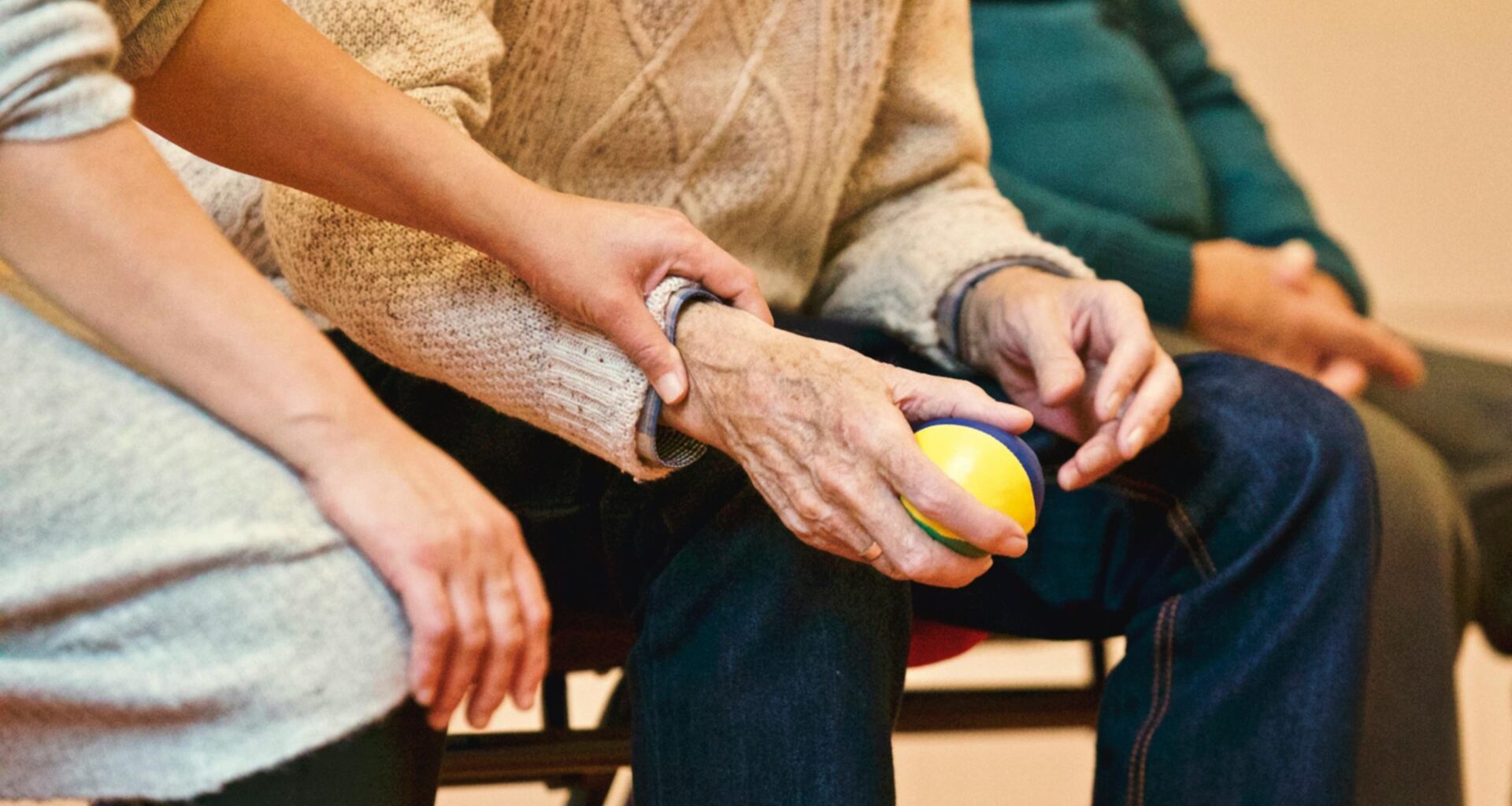Since the white paper was announced, Regularise – along with the Migrant Workers’ Rights Coalition we coordinate – has seen a surge in messages from people facing these dilemmas. There is confusion, panic, and despair – not only about what the policies mean, but what they signal: that migrant lives and labour remain expendable.
The government claims these changes will tackle exploitation. But exploitation doesn’t begin with migrants – it begins with the system. Tied visas make it dangerous to report abuse. Complex and punitive rules push people out of status over minor errors or unexpected crises. Years of unaffordable fees and delays make even those on formal routes vulnerable. The system itself enables harm.
And now, the hostile environment is expanding further.
Days after the reforms were announced, the Home Office launched a “nationwide blitz” – targeting people seeking asylum who are working to survive while waiting endlessly for decisions. And shortly after that, prime minister Keir Starmer struck a migration pact with French president Emmanuel Macron, pledging to further “crack down” on irregularised migration, and announcing a mind-boggling returns deal dressed up as deterrence.
This is the direction of travel: more state violence, more human rights violations, more deaths in transit, more raids, more fear – even for those with visas. Migrants are being used as political scapegoats while public services collapse, wages stagnate, and inequality deepens. How is this a Plan for Change when it’s not just a continuation, but an escalation of persecution – dressed up as government policy and practice?
There is no commendable leadership in scapegoating the most marginalised. No justice in punishing people for working. No humanity in treating people as numbers to reduce, rather than as human beings with needs, aspirations, relationships, and contributions.
The notion of ‘skilled’ labour – repeated constantly by ministers – is rooted in classism and racism. Historically, it excluded women. Now, it targets racialised migrants. But there is no such thing as low-skilled care, or cleaning, or construction, or agriculture. There is only undervalued labour – and political choices that keep it that way.
That’s why the Migrant Workers’ Rights Coalition – made up of grassroots groups, trade unions, and frontline organisations – is demanding a different approach. One rooted in dignity, not division. In inclusion, not exclusion. In rights, not raids.
The government must meet with us urgently – to hear directly from those impacted by these policies and announcements, not dismiss our concerns. We know they are listening to the anti-migrant movement and its racism – so why not us?
We also demand that the government work with us to ensure migration policies meet the needs of our communities, instead of increasing our vulnerability. That means protecting all migrant workers – including undocumented people – not keeping them in precarity or criminalising them.
Migration isn’t a problem to fix – it’s a reality to embrace and support. Involve, protect, and invest in all workers – including those who come to the UK seeking better lives – because dignity depends not on a passport, but on our shared humanity.
Munya Radzi is the founder and campaigner at Regularise, which coordinates the Migrant Workers’ Rights Coalition.
Do you have a story to tell or opinions to share about this? Get in touch and tell us more.

